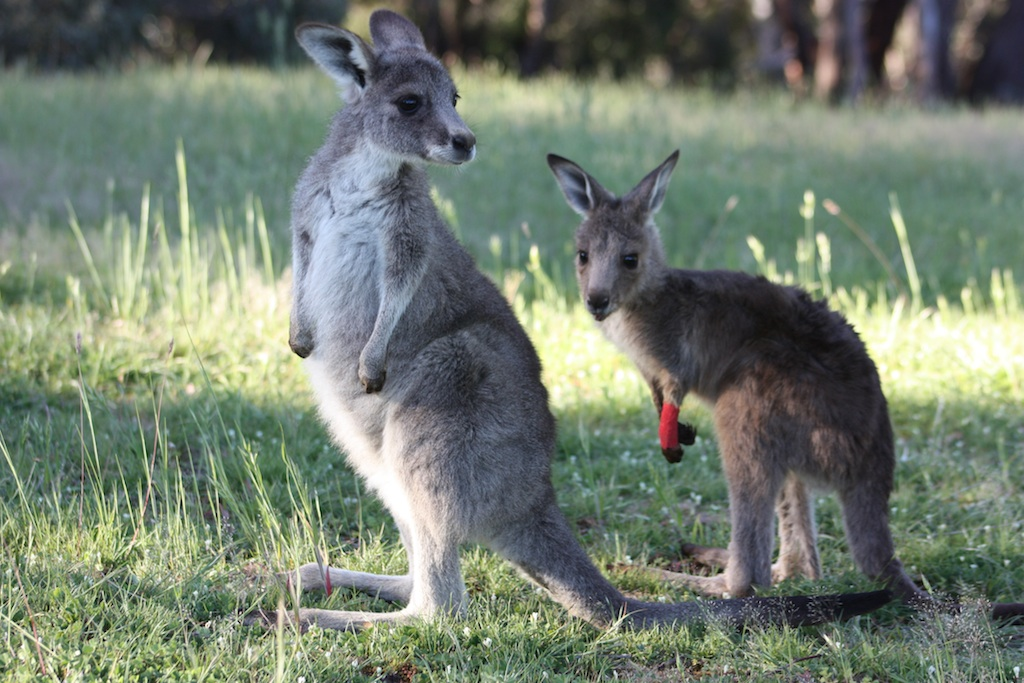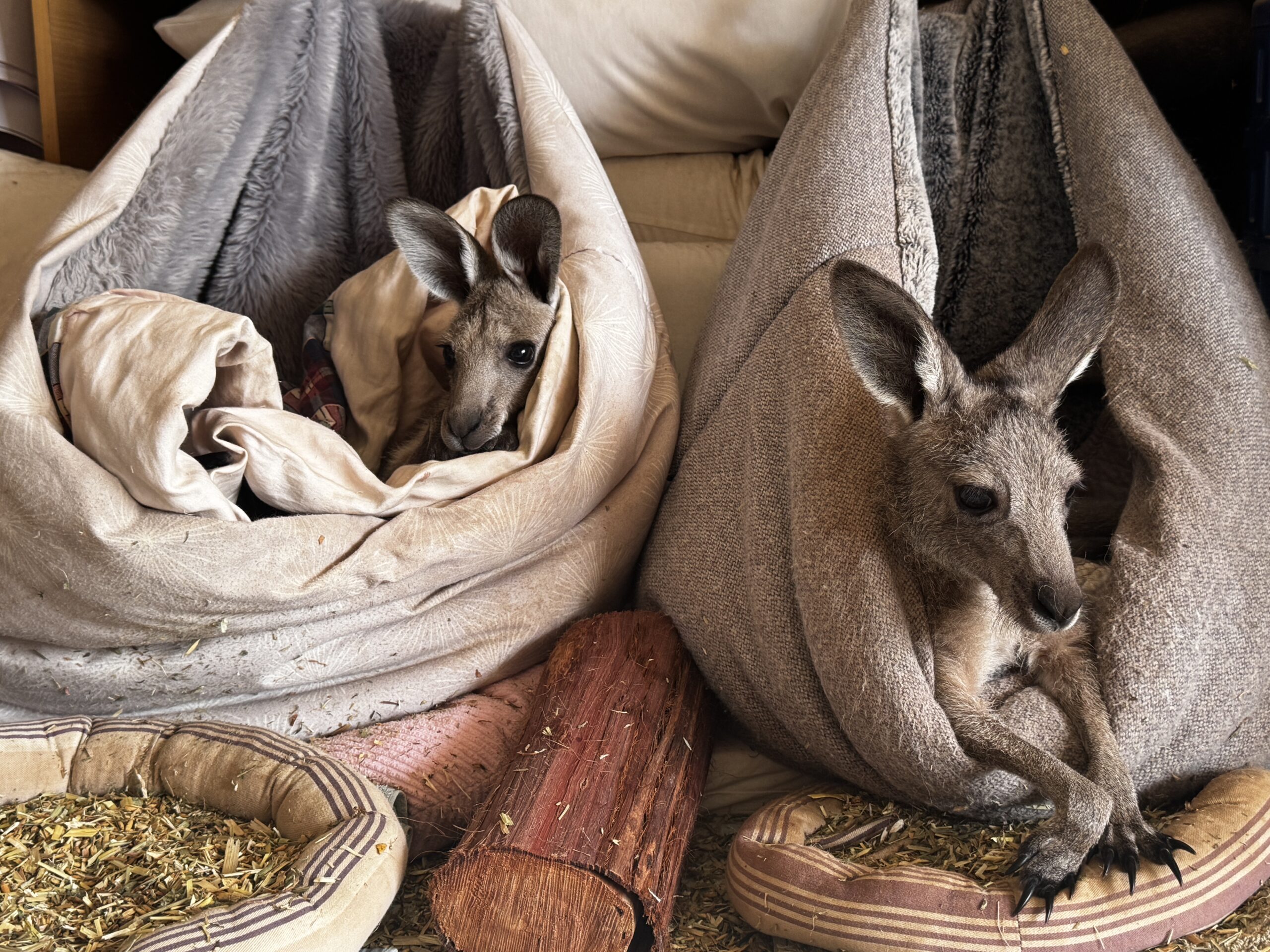Data on NSW licencing reveal the extent of Government-sanctioned destruction of native animals in the state | Conservation groups and wildlife carers to provide evidence of the extent of cruelty at inquiry into licensed killing SYDNEY (5 February, 2026)—Humane World for Animals Australia (previously Humane Society International Australia) will...
Marine advocates respond by calling on the public to fax the Premier
This morning 51 shark nets return to NSW beaches for their 86th year in a row, after a decision confirmed by the NSW Government last Tuesday.
In the days since the government’s decision, there has been public outrage from councils, residents, politicians, scientists and marine advocates, who have long campaigned that the nets are ineffective at reducing the risk of shark bite and take a terrible toll on NSW’s marine wildlife.
Humane Society International (HSI) Australia and the Australian Marine Conservation Society (AMCS) are calling on the NSW Government to announce a retirement plan for the nets so that this is the last time they enter the state’s waters.
In response to the nets returning to waters, HSI Australia and AMCS have created an online tool that asks the public to send a fax to Premier Chris Minns, as a reflection of his reliance on outdated technology. They are encouraging residents to take action at sharkchampions.org.au/fax.
Lawrence Chlebeck, Marine Biologist at HSI Australia, said: “Shark nets are relics that must be consigned to history. That is why we’re calling on the public to resort to outdated technology by sending the Premier a fax.
“The wait for effective alternatives is over. There are SMART drumlines and drones in use at every beach where there is a net. NSW beachside communities have been loud and clear about their disapproval of the nets.
“There has been $85.6 million committed to shark management, and NSW has the best-funded and most advanced shark risk strategy in the world. The nets are redundant technology from another era and should be retired.”
Dr Leonardo Guida, shark scientist at AMCS, said: “For nearly a decade NSW governments have been expanding the use of drones and the tagging and tracking of sharks at the state’s beaches, yet the current NSW Government claims it does not want to rush into using alternative methods to shark nets. Where is the logic in this?
“Nobody is to blame for a shark bite, but it is the responsibility of the elected NSW government to have evidence-based and effective means of safety in place, and shark nets fail this test. The NSW Government must now provide a retirement plan for these shark nets, and reassure the public that their removal is an evolution of beach safety.”
A recent government-commissioned community sentiment survey showed non-invasive, newer methods are preferred by NSW residents. It found that support was high for drone surveillance (76%), listening stations (65%) and non-lethal monitored SMART drumlines (65%), while satisfaction for nets was at just 24%.
The survey also found that four in five community organisations, such as surf lifesaving clubs, were dissatisfied with the netting.
Over the last decade, NSW shark nets have captured 3,433 unintended, non-target animals – many of which are threatened or protected species. Since 2013 we have seen the death of the following protected marine life due to NSW shark nets:
- 59 Critically Endangered grey nurse sharks
- 105 marine turtles
- 54 dolphins.
In early August, the NSW Government released its annual catch data from the 2022-23 net season, and not one single target species of shark was caught in a net on Sydney’s beaches (from Palm Beach to Cronulla). Instead, threatened and protected species such as turtles, dolphins and rays were entangled and drowned.
ENDS
Media contact: Hannah Clayton | 0434 269 048 | hclayton@hsi.org.au
Images and video are available for download here.


